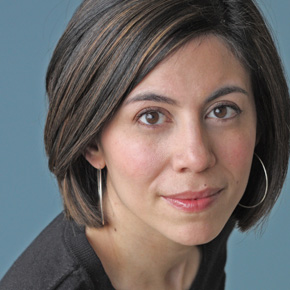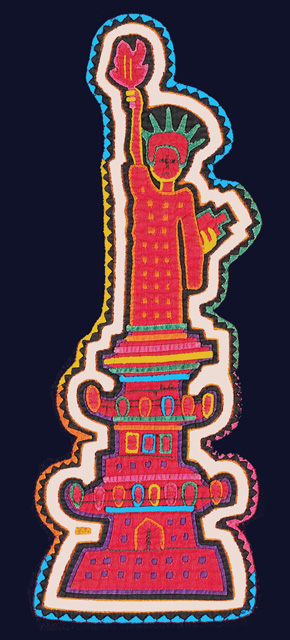Home
by Cristina HenríquezFor a long time, whenever someone asked me where my home was, I never knew how to answer. I know where my house is, in the heart of the American Midwest where I’ve lived for the past seven years. I know where I was born, which is Delaware. And I know all the places I lived as a child – seven different houses in four different states. But which of those, if any, qualifies as my home?
My dislocations were slight, of course. I moved from one state to another but always within the United States. The customs of Covington, Virginia and Terre Haute, Indiana might differ to some extent, but they’re more alike than, say, the customs of Mongolia and Mexico. And aside from a handful of colloquialisms and a slight variance in accent, everywhere I went people spoke the same language.
My father, though, had a different experience. In 1971, he left Panama, the country where he had spent his entire life to that point, to come to the United States. He came to study chemical engineering at the University of Delaware, and he stayed because he met my mother, a girl with long black hair parted in the middle who, it turned out, lived down the street from the family who was hosting my father. He left one home and found another, even though that upheaval created in him a sense of not knowing anymore exactly where he belongs. He feels sometimes that he’s misunderstood in the United States and when he goes back to Panama now, he’s confronted by how much he doesn’t know about it anymore, how much has passed him by.
Somewhere in the intersection of my father’s displacement and my own, I’ve developed a certain empathy for people struggling to find a home – someone new to my town, an immigrant hopeful for a better life. I identify with people who have uprooted their lives, people trying to plant themselves somewhere new, as I’ve done so many times before. And I’ve come to understand that for me at least – for so many of us – the notion of home goes beyond where a person sleeps at night, where they wash their clothes and cook their meals, where they read their mail and care for their loved ones; it’s more permanent than any of those things because it lives inside us, and more impermanent for the same reason. Home is a sense of belonging, the soul’s recognition of itself.
In the acknowledgements of my novel The Book of Unknown Americans, I wrote, “To my husband and children who are, in the truest sense definition of the word, my home.” It was the highest honor I could think to give them. Because after living in seven different states, in six different houses, five different apartments, three different dorm rooms and two different townhomes, they have given me, at last, a place where I belong. We don’t always understand each other, but we try. They take me for what I am and accept me for what I am not. They welcome me in their lives. They make me feel, simply, at home. What a wonder it is. What a simple thing. No matter where any of us come from or where we go, we all deserve that.
 Cristina Henríquez earned her undergraduate degree from Northwestern University, is a graduate of the Iowa Writers’ Workshop, and now lives in Chicago. Her stories and non-fiction have been published in The New Yorker, The Atlantic, Glimmer Train, The American Scholar, and The Oxford American. She is the author of the story collection Come Together, Fall Apart and the novels The World In Half and The Book of Unknown Americans, a passionate story of identity and faith among the displaced, now published by Canongate in paperback and eBook. Read more.
Cristina Henríquez earned her undergraduate degree from Northwestern University, is a graduate of the Iowa Writers’ Workshop, and now lives in Chicago. Her stories and non-fiction have been published in The New Yorker, The Atlantic, Glimmer Train, The American Scholar, and The Oxford American. She is the author of the story collection Come Together, Fall Apart and the novels The World In Half and The Book of Unknown Americans, a passionate story of identity and faith among the displaced, now published by Canongate in paperback and eBook. Read more.
cristinahenriquez.com
Author portrait © Michael Lionstar


